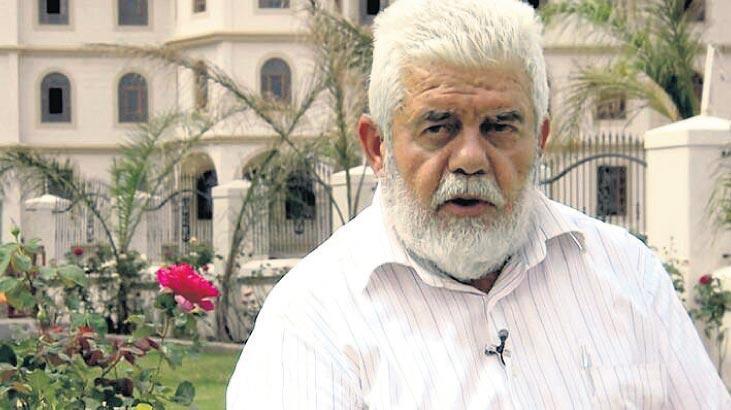Four companies and the private assets of the Katırcıoğlu family seized by the Turkish government in 2015 over allegations of links to the faith-based Gülen movement, have been transferred to Turkey’s treasury, the Stockholm Center for Freedom reported.
The decision follows years of legal proceedings against the Katırcıoğlu family, culminating in the seizure of Akasya Alçı Maden Üretim, Akasya Yapı Sanayi ve Ticaret and Aksan Ak Madencilik Enerji Sanayi as well as Elbruz Enerji Elektrik Üretim. The companies had previously been placed under state trusteeship during an investigation of ties to the Gülen movement.
Ali Katırcıoğlu, the former owner of the companies passed away in exile in South Africa two years ago.
President Recep Tayyip Erdoğan has been targeting followers of the Gülen movement, inspired by the late Muslim cleric Fethullah Gülen, who passed away in exile in October, since corruption investigations revealed in 2013 implicated then-Prime Minister Erdoğan as well as some members of his family and his inner circle.
Dismissing the investigations as a Gülenist coup and a conspiracy against his government, Erdoğan designated the movement a terrorist organization and began to target its members. He intensified the crackdown on the movement following a failed coup in 2016, which the government accuses Gülen of masterminding. The movement strongly denies involvement in the coup attempt or any terrorist activity.
Turkey’s Justice and Development Party government has targeted suspected members of the Gülen movement, seizing control of more than 1,100 companies and their assets, some of which were placed under the management of Turkey’s Savings Deposit Insurance Fund.
Fatma Nuray Demircan, Katırcıoğlu’s daughter and a shareholder in Akasya Alçı Maden Üretim, was sentenced to more than three years in prison for violating anti-terrorism financing laws. Prosecutors cited financial transactions conducted as part of Demircan’s commercial activities as evidence of her alleged support for the Gülen movement.
Nadir Aksoy, who had business dealings with both the Katırcıoğlu family and Akasya Alçı Maden Üretim, received an identical prison sentence based on similar accusations related to legal money transfers that were classified as financing terrorism.
Other defendants, including Ümit Toygar, Yılmaz Demirtaş, Mustafa Aygün, Zafer Döğer and Behzat Susamlı, were acquitted due to insufficient evidence.
As in earlier cases involving seized businesses and other assets, the Katırcıoğlu family’s properties may now be sold at auction. Observers speculate that these assets could be sold at below-market rates to individuals and entities aligned with the government, a practice seen in other high-profile seizures.
A report last year titled “Persecutory Confiscation Amounting to Crimes Against Humanity: Case of the Gülen Group,” exposed the vast scale of property confiscations in Turkey targeting the Gülen movement, with an estimated value of $50 billion and affecting over 1.5 million individuals in what the authors called systematic and widespread violations of domestic and international law that amount to “crimes against humanity.”

